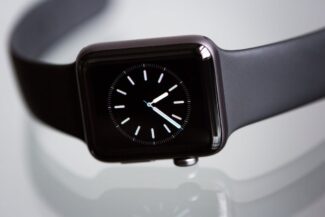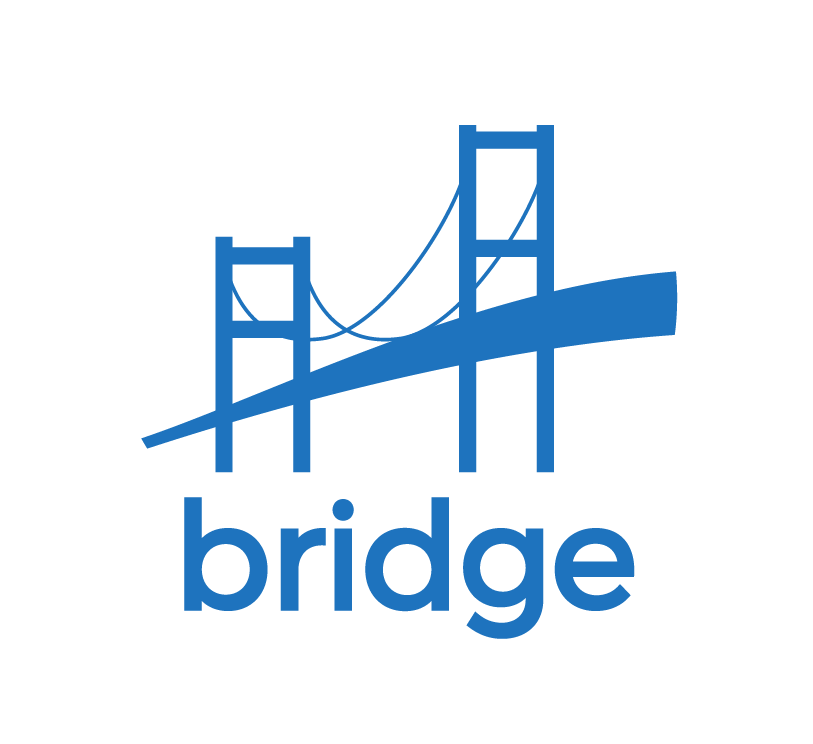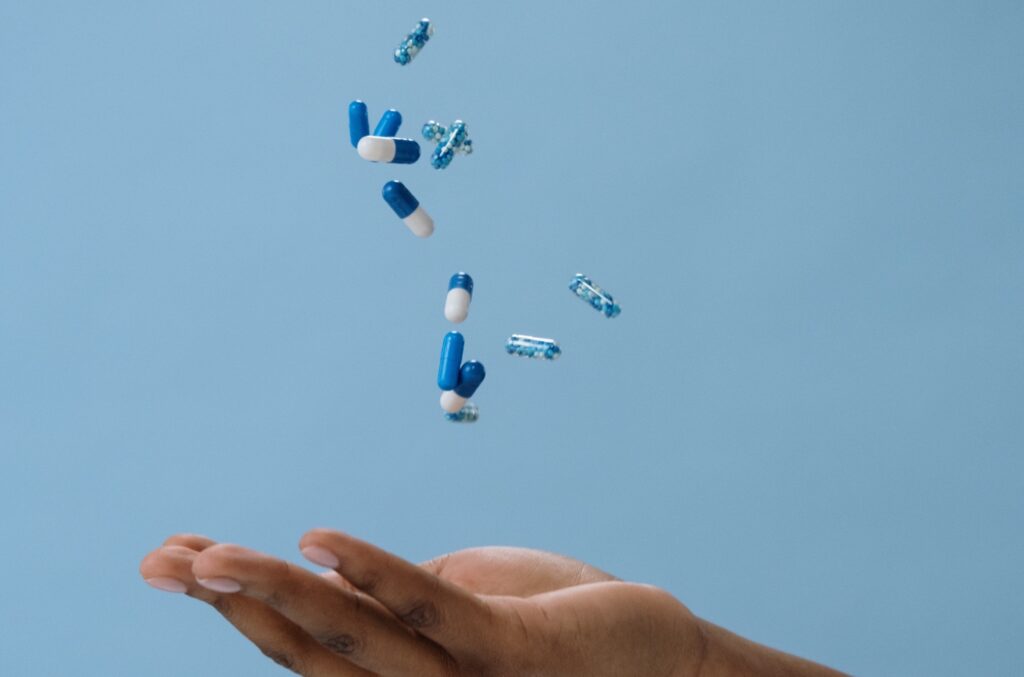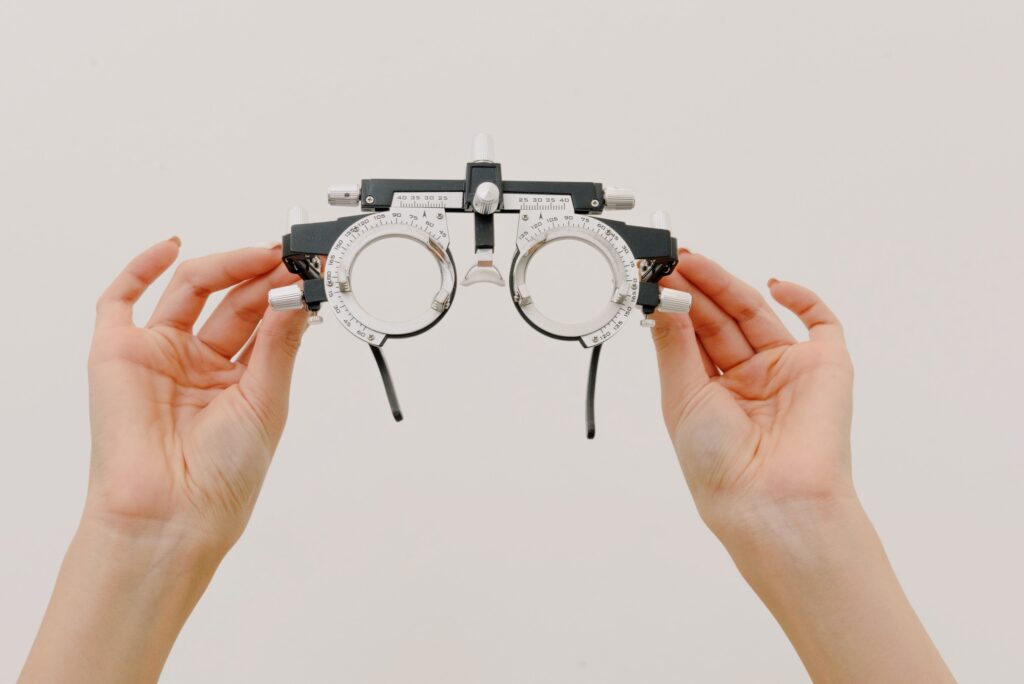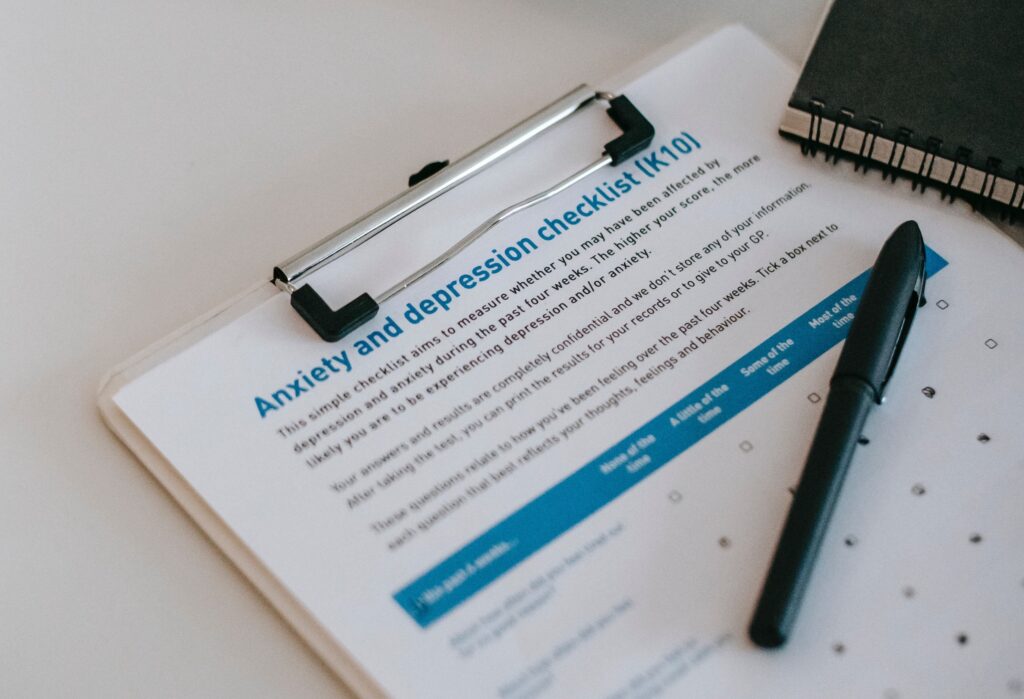A machine that can diagnose disorders? Well, it may not be too surprising with everything AI seems to be able to do these days. Writing full complex papers, giving complex instructions on options for a 1st or 712th date, or many things in between. A few startups in the U.S. are working on AI tools for mental health providers to help diagnose a range of conditions.
But why would we need this? Don’t we have human providers who do this everyday? Unfortunately, research finds high rates of inaccurate diagnosis of mental health disorders in many settings. One study found depression is misdiagnosed near 65% of the time in primary care settings in Canada. (Primary care providers prescribe the majority of psych medications).
Other research finds that some conditions are easily misdiagnosed as other conditions. For instance, PTSD is of known to be highly comorbid with depression and share many of its symptoms. But PTSD or comorbid PTSD/depression can easily be mistaken solely for depression.
So what AI for mental health are these startups building? One startup uses voice recognition software to detect the degree to which an individual experiences depression and anxiety. The company boasts the ability to help make diagnoses more accurately and sooner.
Another startup developed an app to address this issue. Their app boasts the ability to analyze eye movements to more accurately diagnose PTSD. This app is easily accessible anywhere with a smart phone. This startup continues to test and improve their app.
Other similar tools focus on giving providers and therapists more traditional resources for assessment. These apps provide assessment tools and then give suggested diagnoses to a clinician based on results. The clinician can then use that information to accept, reject, or further rule-out a diagnosis.
Pros: Some of these apps use measures that can eliminate bias (e.g., eye tracking). Other apps can collect high amounts information and provide reports to inform further assessment by a human clinician. Additionally, most of these are easily accessible via smart phones or other types of apps.
Limits: As of the writing of this article, multiple apps do not currently have FDA approval. These apps also do not provide information regarding what treatments might be favorable based on a certain treatment presentation. That’s were the human comes in. Nor do these apps link to available chatbot apps that provide therapy.
A number of companies are working hard to develop products to address current limitations in diagnostic accuracy. These tools provide therapists resources to improve accuracy and compliment assessment and treatment. So still no sign of robots taking over the mental health field completely. Or the world.


